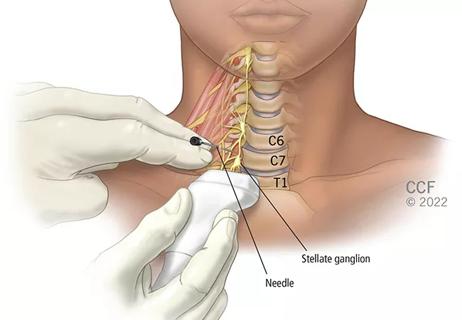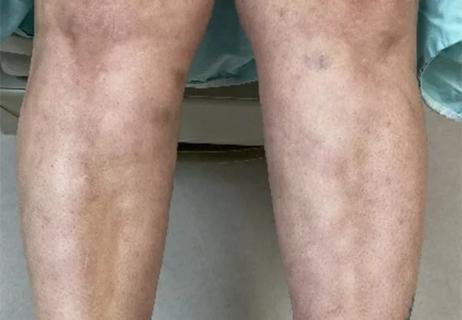A Q&A with a geriatrician

Helping patients with end-of-life planning can have a profound impact on patients’ lives. It can also enhance the doctor-patient relationship. In this Q&A, geriatrician Swarnalatha Meyyazhagan, MD of Cleveland Clinic’s Center for Geriatric Medicine, provides guidance and resources to make that discussion a little easier.
Advertisement
Cleveland Clinic is a non-profit academic medical center. Advertising on our site helps support our mission. We do not endorse non-Cleveland Clinic products or services. Policy
Yes, it is a concern when people are ill and do not have advance directives. In this period of uncertainty when a serious illness can progress in a matter of days, it is imperative to have this discussion before a health crisis arises. Otherwise the care provided may not be what is preferred by the patient. Advance directives (ADs) are an excellent tool for providers and caregivers to help patients discover what matters most to them.
Discussion about advance directives can feel difficult for providers, especially if the patient is new to them or right in the middle of a health crisis. But inviting patients to think about them and discussing the importance of setting up ADs before an emergency, makes it more comfortable for both patients and providers in the long run. An advance directive has two components in one document. It is a living will to express the person’s wishes for their healthcare, and it includes a medical power of attorney, which appoints someone they trust to make decisions on their behalf.
The best time to discuss advance directives with patients is NOW. As they say in The Conversation project, an initiative from the Institute for Healthcare Improvement, “it is always too soon, until it is too late.” I always recommend that patients do their advance directives as soon as possible when they have a chance to talk to their provider. At the same time, the patient should talk to their loved ones about their decisions. The Values worksheet provided by the nonprofit organization Compassion & Choices via their website is a great tool to help patients understand what is important to them. To make the conversation more comfortable, there is also the REDE Communication Program from Cleveland Clinic’s Office of Patient Experience.
Advertisement
There are so many myths about preparing advance directives and we can help dispel them. Here are some of the common ones I hear:
Yes, they can be revisited and reviewed regularly. There are the “Five Ds” to revisit AD according to the American Bar Association Commission on Law and Aging as follows: Death of a loved one, Divorce, a new Diagnosis, Decline in health, and a new Decade in age. Other situations include life events such as entering college, getting married, having children or going on a major trip.
There are many online resources for learning about the AD process and free online forms. Here are four of them:
Cleveland Clinic Overview of Advanced Directives
I have many examples in my years of practice where advanced directives would have made a big difference in the quality of care and the patient having the desired end-of-life-experience. Talking about advance directives will actually help to reinforce your doctor-patient relationship. You may be surprised to learn your patients’ priorities and preferences. In a majority of cases and for so many reasons, you will both be glad you had the discussion.
Advertisement
Advertisement

Patients report improved sense of smell and taste

Clinicians who are accustomed to uncertainty can do well by patients

Unique skin changes can occur after infection or vaccine

Cleveland Clinic analysis suggests that obtaining care for the virus might reveal a previously undiagnosed condition

As the pandemic evolves, rheumatologists must continue to be mindful of most vulnerable patients

Early results suggest positive outcomes from COVID-19 PrEP treatment

Could the virus have caused the condition or triggered previously undiagnosed disease?

Five categories of cutaneous abnormalities are associated with COVID-19